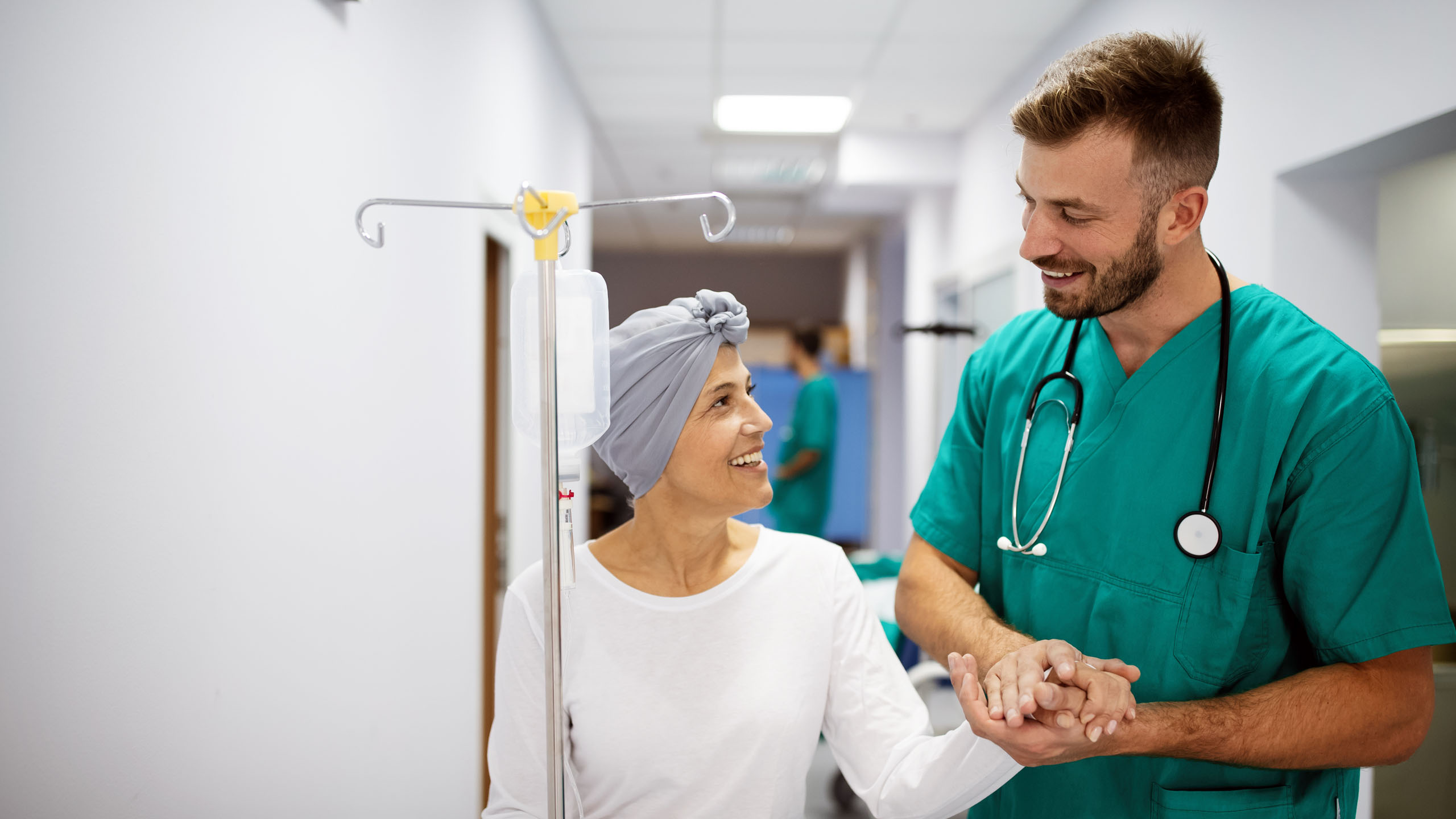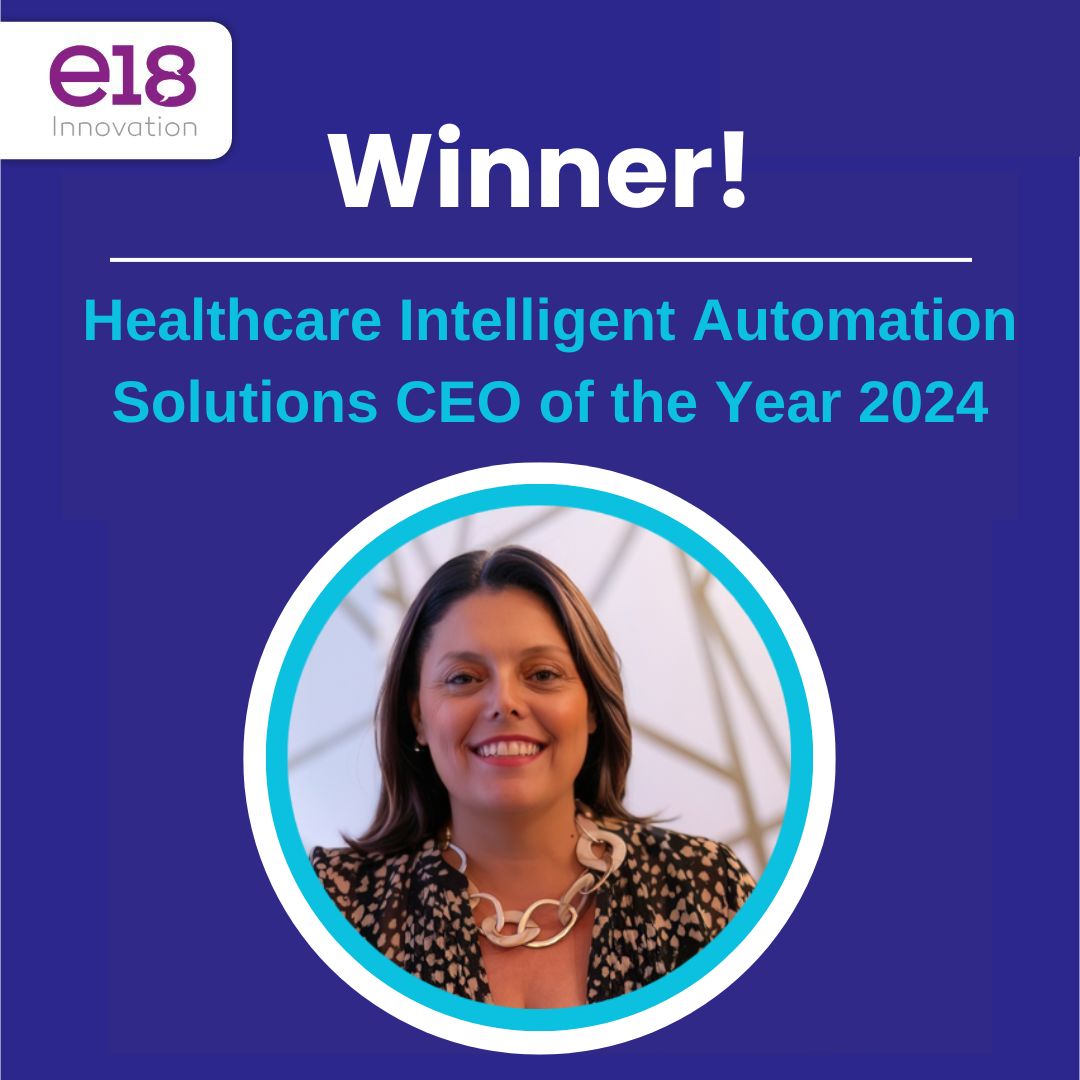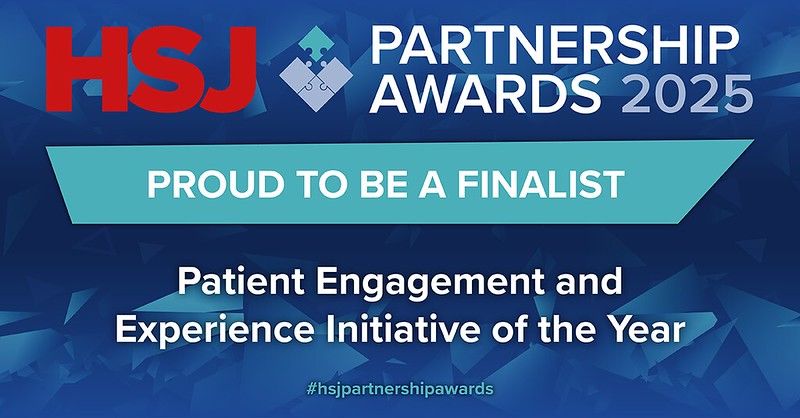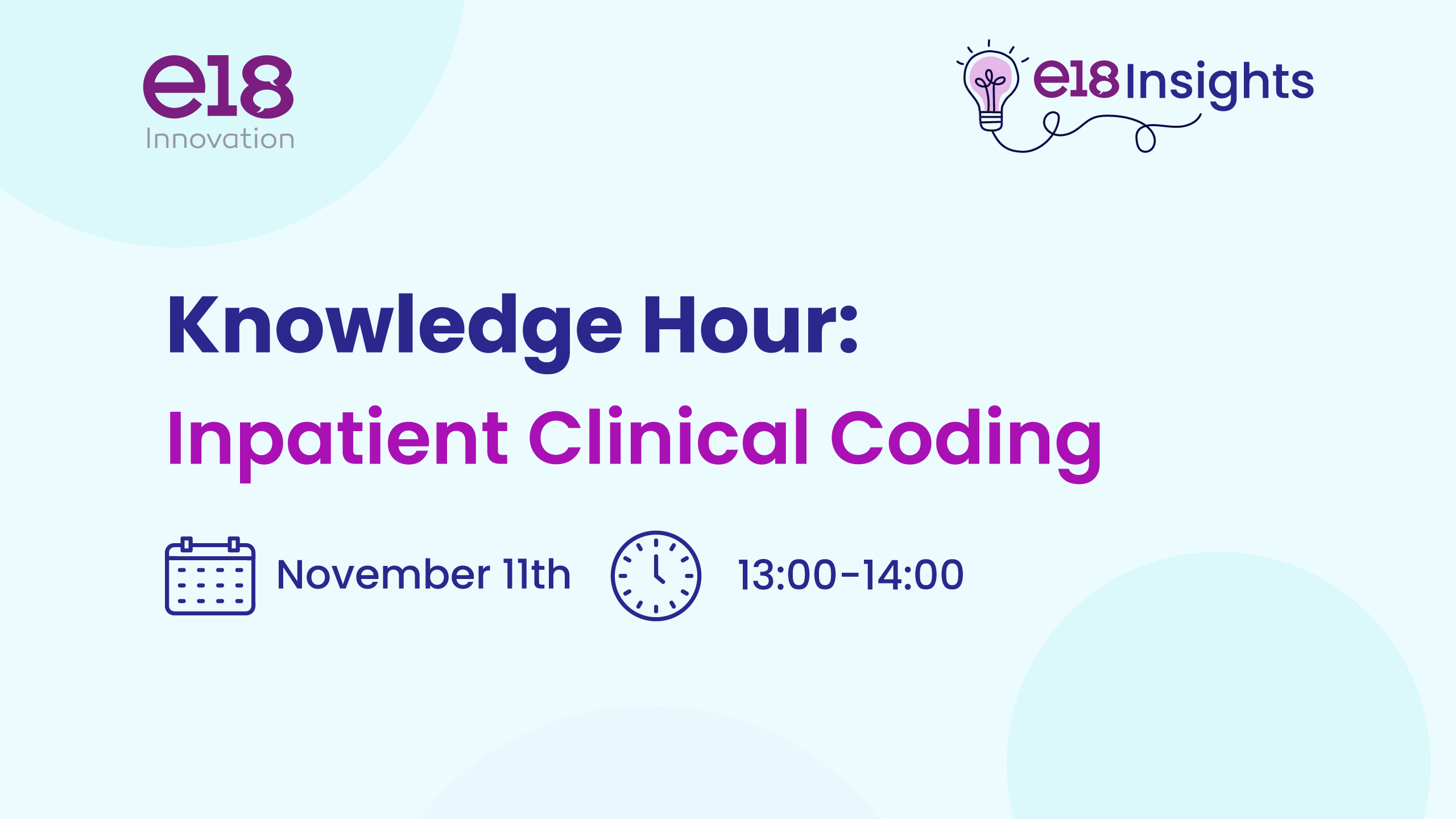Transforming Cancer Care in the NHS: The Pivotal Role of Automation and Innovation

In a recent podcast by the National Health Executive, Dr. Penny Kechagioglu, a consultant clinical oncologist at University Hospitals Coventry and Warwickshire NHS Trust, shared valuable insights into the current state of cancer care in the NHS. The podcast highlighted the significant challenges faced by the health service, including substantial backlogs, delays in diagnosis and treatment, and a limited workforce struggling to meet the increasing demand. As the NHS strives to overcome these hurdles and improve patient outcomes, it is becoming increasingly clear that automating cancer pathways and embracing innovation will play a pivotal role in this transformative journey.
Seizing Opportunities for Improvement
One of the key opportunities discussed in the podcast was the potential of Community Diagnostic Centres (CDCs) to widen access to faster diagnosis. By bringing diagnostic services closer to patients’ homes and expanding the range of tests available, CDCs can help reduce the time from referral to diagnosis, a critical factor in improving cancer outcomes. However, to truly capitalise on this potential, the NHS must also focus on optimising workforce skills and leveraging digital technology to manage the increased demand effectively.
This is where innovative automation solutions can make a significant difference. By implementing intelligent automation tools tailored to the unique needs of cancer pathways, NHS trusts can streamline processes, reduce administrative burdens, and free up valuable staff time to focus on patient care. For example, automating tasks such as appointment scheduling, referral management, and results reporting can greatly improve efficiency and reduce delays. Moreover, by integrating these automated systems with existing electronic health records and other NHS systems, healthcare providers can gain a more comprehensive view of each patient’s journey, enabling better coordination of care and faster identification of potential issues.
Prevention and Early Intervention: The Key to Better Outcomes
While improving diagnosis and treatment is crucial, the podcast also emphasised the critical role of prevention and early intervention in reducing cancer incidence and improving outcomes. As Dr. Kechagioglu noted, four in ten cancers are preventable through lifestyle changes alone, highlighting the enormous potential impact of effective prevention strategies.
To realise this potential, the NHS must invest in comprehensive education and awareness campaigns, empowering people to make informed decisions about their health and well-being. From stop smoking initiatives and alcohol control programmes to weight management and physical activity promotion, there is a wide range of evidence-based interventions that can help reduce the risk of developing cancer. Additionally, improving uptake of cancer screening programmes is essential for early detection and treatment, which can significantly improve survival rates.
Here too, automation and data analytics can play a valuable role. By leveraging the vast amounts of data available within the NHS, healthcare providers can identify populations at higher risk of developing cancer and target prevention and screening efforts accordingly. Improved data analytics capabilities, for example, could help trusts pinpoint areas with lower screening uptake or higher prevalence of risk factors, enabling more effective and efficient allocation of resources. Furthermore, automated reminder systems and personalised messaging could help improve adherence to screening schedules and lifestyle change programmes, ultimately leading to better outcomes.
A Holistic Approach to Cancer Care
While much of the focus in cancer care is understandably on diagnosis and treatment, the podcast also highlighted the importance of supporting patients throughout their entire cancer journey. From pre-treatment optimisation to post-treatment rehabilitation and end-of-life care, a holistic approach is essential for improving patient outcomes and quality of life.
However, with the current workforce challenges and increasing demand, it can be difficult for clinicians to find the time and resources to provide this comprehensive support. This is where automation can play a crucial role. By streamlining administrative tasks and optimising workflows, intelligent automation solutions can free up clinicians’ time, allowing them to focus on the aspects of care that matter most to patients.
For example, automated systems for patient follow-up and remote monitoring can enable clinicians to keep track of patients’ progress and intervene early if issues arise. Similarly, automating the coordination of multidisciplinary team meetings can ensure that all relevant specialists are involved in each patient’s care, improving decision-making and reducing delays. By embracing these solutions, the NHS can move towards a more holistic, patient-centred approach to cancer care.
Supporting the Oncology Workforce
The podcast also shed light on the significant workforce challenges facing oncology in the UK, including shortages, burnout, and regional disparities. With a 15% shortfall in clinical oncologists, projected to rise to 25% by 2023, it is clear that urgent action is needed to support and retain the existing workforce.
Central to this effort is creating a culture that values and supports staff well-being. From providing mental health support and promoting work-life balance to fostering a sense of psychological safety and open communication, NHS trusts must prioritise initiatives that help staff feel recognised and supported in their roles. By doing so, they can not only improve staff retention but also enhance the quality of care provided to patients.
Automation and digital technology can also play a role in alleviating workforce pressures. Streamlining workflows and reducing administrative burdens can help create a more manageable workload for oncology staff, reducing stress and burnout. Moreover, by enabling remote working and collaboration, these tools can help address regional disparities in workforce distribution, allowing expertise to be shared across geographical boundaries.
Keeping Patients at the Heart of Innovation
As the NHS embraces automation and innovation in cancer care, it is crucial to ensure that patients remain at the heart of these efforts. While the drive for efficiency and productivity is important, it must not come at the cost of the human touch and patient-centredness that are the hallmarks of high-quality care.
Instead, the goal should be to harness the power of technology to empower patients and support shared decision-making. By providing patients with easy access to their health information, automating communication and follow-up, and offering personalised support and resources, the NHS can create a more patient-centred approach to cancer care.
[By Luc Elsby]
Discover our latest resources...
- Published On: December 12, 2024
e18 Innovation is proud to announce that Lousie Wall, our Founder and CEO, has...
- Published On: December 10, 2024
We are thrilled to announce that e18 Innovation, Netcall, and University Hospitals Sussex NHS Foundation...
- Published On: December 6, 2024
Webinar Replay
- Published On: November 13, 2024
Webinar Replay





